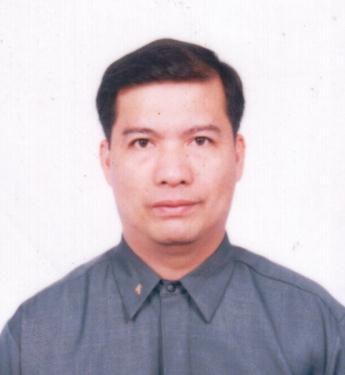United Methodist Delegation on Human Rights in the Philippines:A Continuing International Effort on the Human Rights Situation in the Country
The high level delegation of United Methodists leaders representing the United States, Europe, Africa, Russia and the Philippines through its Connectional Table, is the second international church group to visit the country in order to learn more about the killing and harassment of church workers, peace and human rights activists, and lawyers and journalists.
Last July 14-20, 2005, a team of church leaders from Australia, Canada, Japan, Korea, Germany, Norway, Sri Lanka and the US, put together by the World Council of Churches (WCC) and the Christian Conference of Asia (CCA) came to the Philippines upon the request of the National Council of Churches in the Philippines (NCCP). The team was called the Pastoral Ecumenical Delegation Visit (PEDV) and one of the delegates was sent by the United Methodists.
The PEDV gathered first hand information and trends relative to political repression, attacks on civil liberties, and violations of human rights in the Philippines. More importantly, they had a pastoral engagement with families of victims, churches, and organizations who bear the brunt of intensifying human rights violations and political repression in the country under the administration of President Gloria Macapagal-Arroyo. They were also requested to help advocate Philippine human rights issues among churches and church-related institutions abroad.
Moreover, last October 7, 2005, the Geneva-based Ecumenical Advocacy Alliance (EAA) sent a letter to President Gloria Macapagal-Arroyo about the killings of activists. They appealed on President Arroyo to, among other things, “carry out immediate and impartial investigations into all recent extrajudicial executions” and “to make the results of these investigations public and to ensure that anyone found responsible is brought to justice” (see attached copy of letter). The letter was signed by 33 church related organizations and 17 individuals from all over the world including the World Council of Churches, Franciscans International, Lutheran World Federation, Kairos Canada, World Alliance of Reformed Churches, World Alliance of YMCAs and World YWCA. Some of these organizations like Kairos Canada and Franciscans International also released statements of their own regarding the killings.
Thus, this United Methodist delegation has been one of those groups who have been deeply concerned regarding worsening human rights situation in the country especially on the killings of activists in the Philippines including church workers. We pray that the highest governmental authorities do something to stop the killings and bring to justice the perpetrators of these criminal and inhuman acts.
BISHOP SOLITO K. TOQUERO
The United Methodist Church
Manila Episcopal Area
900 United Nations Avenue
Ermita, Manila

